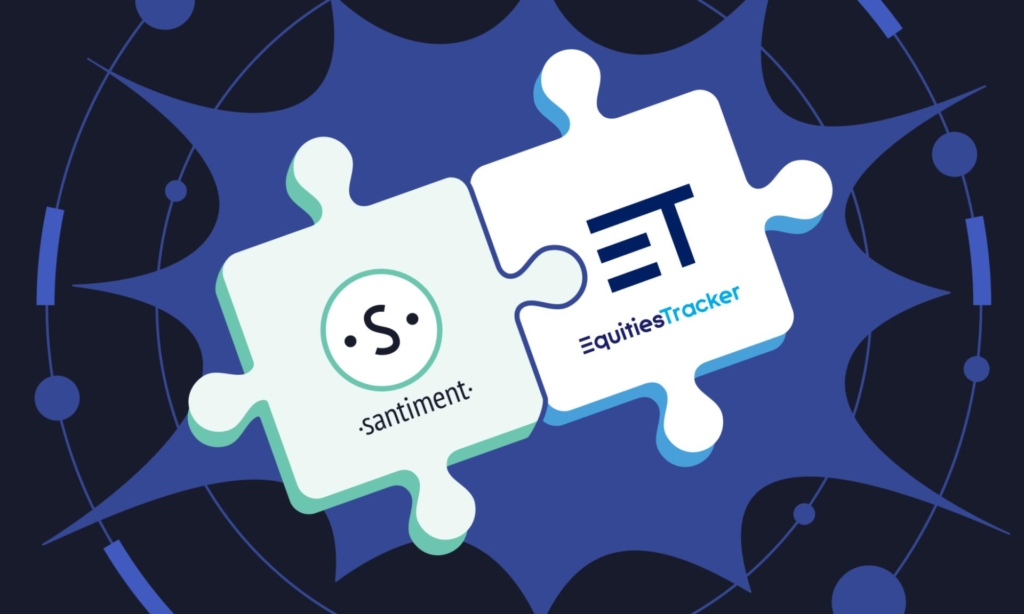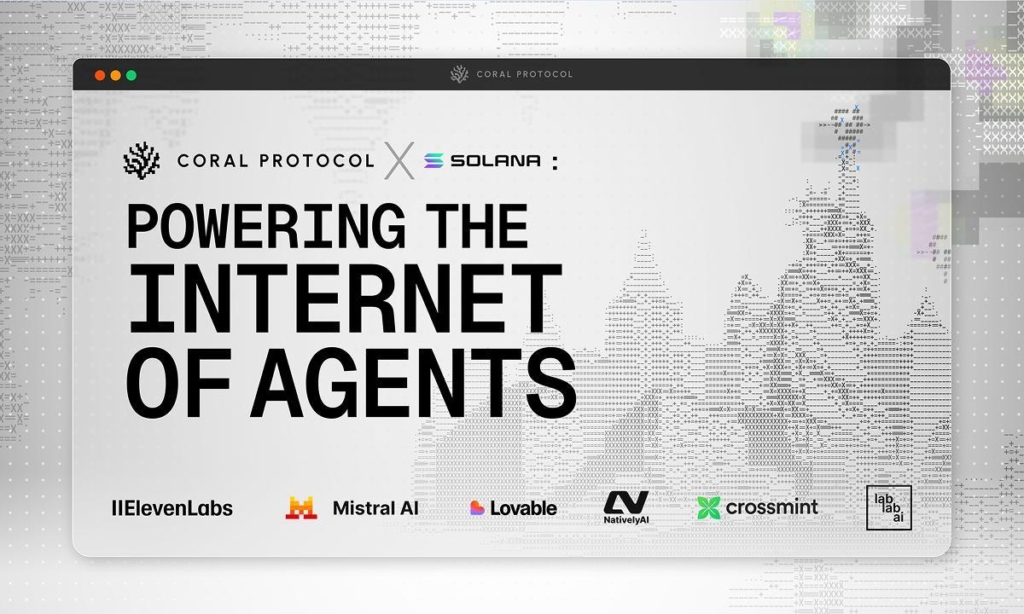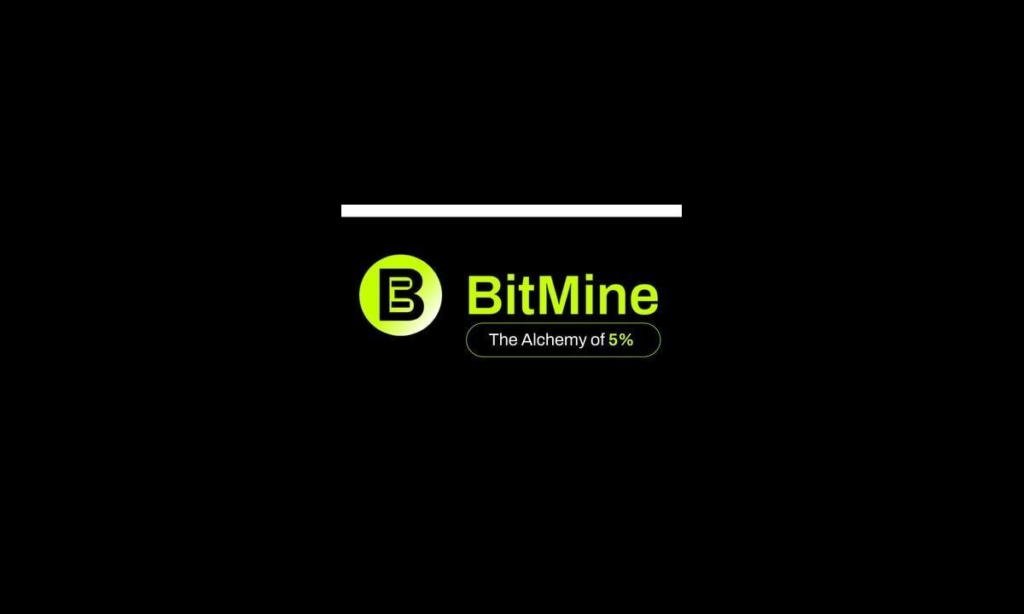Ethereum Improvement Proposal (EIP-7702) by Vitalik Buterin seeks to address conflicts related to account abstraction in upcoming revisions.
This proposal pertains to Ethereum’s upcoming significant update, Prague-Electra, also known as “Pectra,” which has sparked controversy due to EIP-3074.
Developers debated the implementation of EIP-3074 and its approach to account abstraction, a functionality intended to enhance the user experience on the Ethereum platform. While the practicality of it was acknowledged, there were criticisms regarding its prescriptiveness.
Ansgar Dietrichs of the Ethereum Foundation criticized EIP-3074, describing it as excessively forceful, and expressed doubt about its effectiveness.
Buterin, along with Dietrichs, Sam Wilson, and Matt Garnett, authored EIP-7702 in a mere 22 minutes. Within the new EIP, Externally Owned Accounts (EOAs) possess the capability to function as smart contract wallets for a single transaction prior to reverting back to their original state.
Utilizing preexisting contract codes without introducing new opcodes streamlines the development process, in contrast to its predecessor.
EIP-7702 enhances forthcoming account abstraction frameworks such as EIP-4337, which was put into effect in March 2023. In order to reduce redundancy and disruption, it employs wallet codes and transaction structures.
Developers who endorsed EIP-3074, such as Hayden Adams from Uniswap, are also endorsing EIP-7702.
Given that Ethereum operates on a consensus mechanism, the public and developers thoroughly examine such proposals before they are ultimately approved.
Various autonomous teams will construct Ethereum clients according to specific specifications. In order to achieve a successful hard fork in the fourth quarter of 2024, it is imperative that all validators implement the necessary modifications. Ethereum undergoes a community-focused and transparent evolution through a rigorous procedure.



